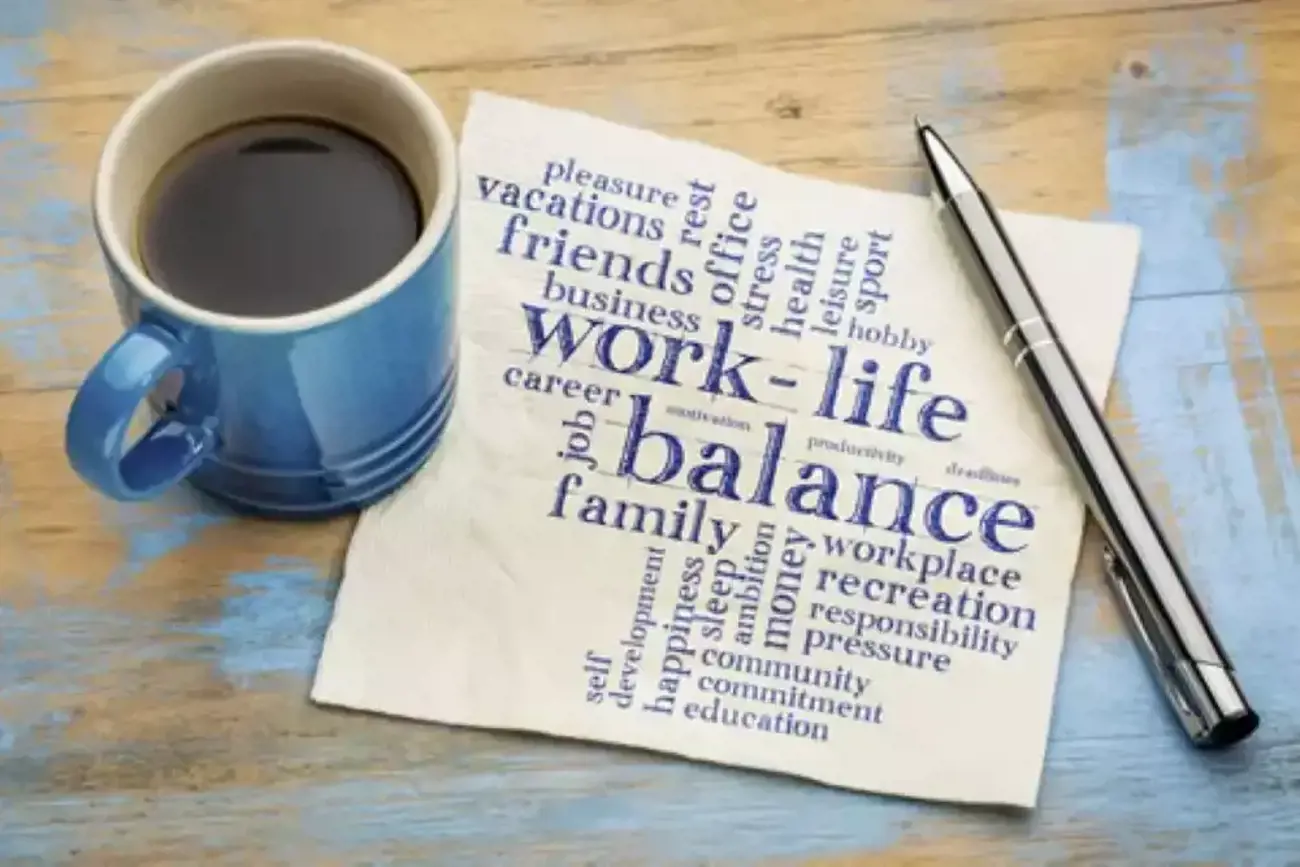Today, like most days, I woke up to my 1-year-old screaming the house down at 4:30am. I burst out of bed to pat his back in an effort to keep him quiet so his screaming didn't wake up my 3-year-old in the next room – to no avail.
My 3-year-old clambers out of bed and the day begins: "Mummy, I want porridge", "Where's my racing car?", "I want to watch TV!" (persistent 1-year-old screams in the background), all before I've barely had a chance to rub my eyes and tame my bed hair. Sound familiar?
Never has there been a more demanding role than that of a parent. It takes more patience, energy, sacrifice and unconditional love than anything I've ever experienced. And of course, at the end of the day, we love our children and they are totally worth every bit of effort we can afford them.
But are parents super-humans? Robots? Inbuilt with a never ending ability to be anything and everything for our kids and everyone else?
The answer is no – a huge, resounding no. We are just mere mortals who eventually run out of patience, energy, selflessness and sometimes even the feeling of love when we are pushed to our limits. But our kids need us. This is why it is just so important for parents to find ways to care for themselves so that they can reboot their ability each day to care for their children. We need to fill our own emotional cup so that we have the capacity to care for, love, and nurture our children, even when things get hard.
But how do we do this? Especially when we feel as though we have no time in our day to go to the toilet, let alone to focus on our own physical and emotional needs?! Simply put, as parents we need to practice and prioritise our own self-care. The operative word here is practice. Many self-care techniques are learned skills that we must practice often in order to reap the benefits. The more we practice self-care, the easier these skills will become and the greater impact we will see in our ability to cope and be present as a parent.
Self-care is also different to 'stress management', where we engage in activities to help us calm down once we are already feeling stressed. Self-care is a much more proactive and preventative approach, equipping ourselves to be more resilient to handle stress when it inevitably comes our way.
There are many quick and easy ways we can practice self-care. One of the most talked about approaches to self-care in modern psychology is the practice of 'mindfulness'. This refers to our ability to bring conscious, moment-by-moment awareness to our thoughts, feelings, bodily sensations and environment around us. Once aware of our internal and external experiences, mindfulness then encourages us to simply accept these experiences instead of applying judgement, that there's no 'right' or ‘wrong’ way to think or feel.
Mindfulness brings us back to the present, provides clarity, removes negative judgements and allows us to choose our responses rather than reacting automatically to a given situation. This sounds complicated, but with practice, mindfulness can be as simple as stopping, taking a slow, deep breath, and then bringing awareness to how you're thinking and feeling in that moment. Once you're calmly observing your own thoughts and feelings, you then have the opportunity to choose how you will continue to think, feel and respond. You will find lots of information about simple mindfulness practices online, if you're interested to read more.
Another popular area of modern psychology, that is closely linked with current mindfulness research, is the practice of gratitude. Try thinking of at least one thing you're grateful for each day, as research shows that cultivating gratitude is associated with an increase in energy, optimism, and empathy (and we all know how much we need these qualities as parents!).
Other well-known ways of practicing self-care include incorporating light exercise into your day, remembering also to eat well and rest when you can. Try stimulating your mind (especially after you’ve played trucks or tea parties all morning!) by listening to a podcast in the car or while you wash the dishes. Try reading, creating art, or whatever works for you.
These activities help to give a sense of self apart from your identity as a parent. And finally, it’s so important to talk and debrief how you're feeling with your partner, friends, or even seek professional counselling if needed. You will feel more supported and less isolated in your feelings, allowing yourself to gain a sense of reassurance that you’re not alone and this too shall pass.
So, when it comes to parental self-care, try starting with something small and manageable, and to make self-care a daily habit. Go easy on yourself if you forget or don’t find the time to practice self-care, but notice the difference in your mood when you do.
By looking after your own needs as a parent, you’ll be so much better at looking after the needs of your children. So, what can you try today to fill your emotional cup?
by Victoria Gibbs a Psychologist from Carers Connection
Carers Connection is a trusted provider of specialised psychology services in Brisbane for all parents, carers and educators to connect, learn, and discover joy in the everyday of caring for young children. They are dedicated to the support and wellbeing of the most important people in a child’s life, to ensure every child has every opportunity to thrive.
Whether you are a parent, grandparent, foster carer, or educator, the psychologists at Carers Connection will gently guide you through the ups and downs of caring for young children and simplify your path to change.
Carers Connection provides parent and educator counselling, early intervention child therapy, information sharing, and a range of engaging workshops. Connect with them today at www.carersconnection.com.au to learn more about how they can help.


































